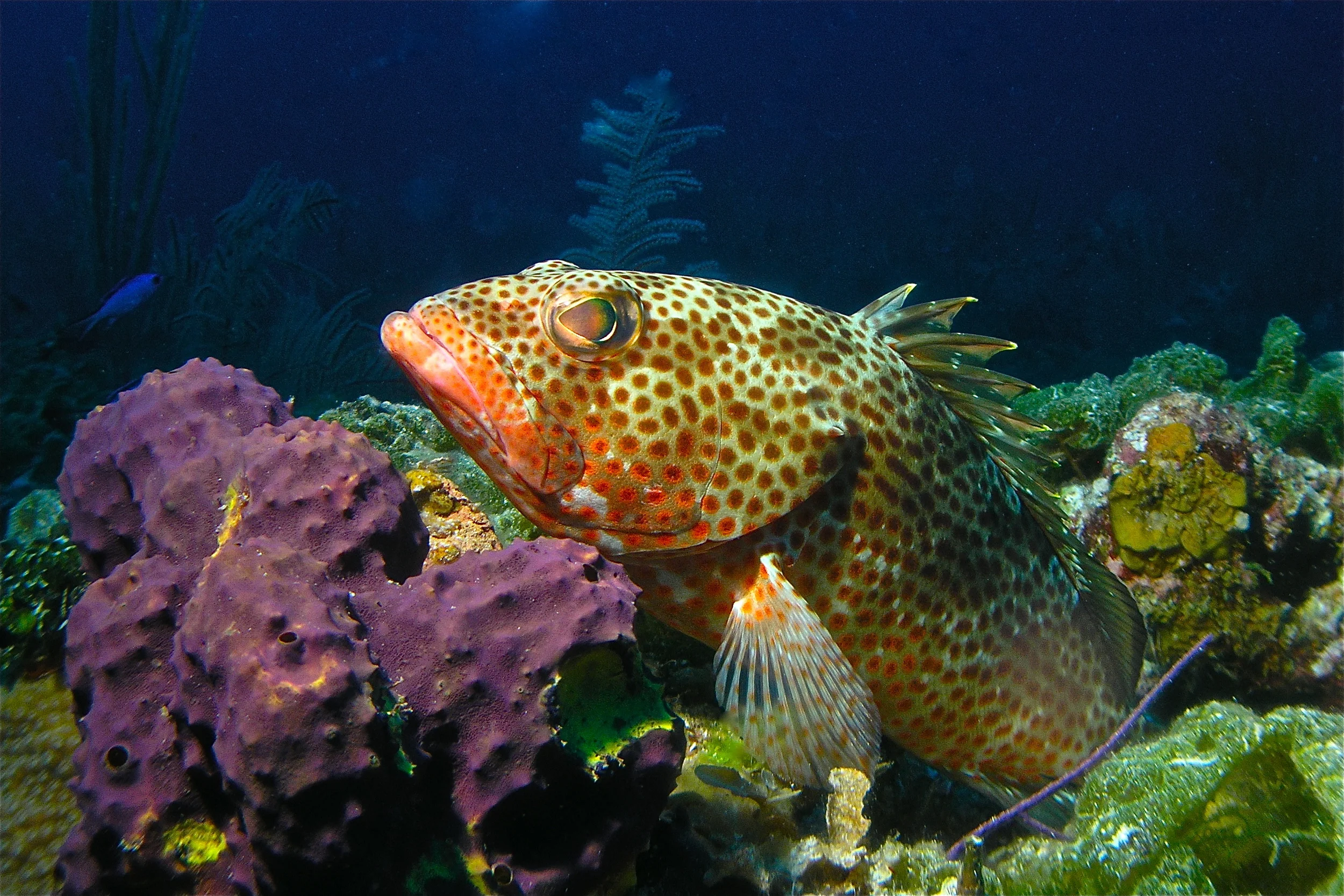I can't imagine how exhilarating it must have been seeing the Rolling Stones play in Havana for the first time.
Photo credit: Erick Castillo Fundora
After all, rock music was banned on Cuban state TV and radio for years. Hippie hair and hipster beards were seen as unkept and rebellious. Those who sported them would face harassment from officials. But even as Mick Jagger proclaimed in Spanish to the crowd of hundreds of thousands,
“We know that years back it was hard to hear our music in Cuba, but here we are playing. I also think the times are changing.”
As one woman living in Cuba and writing as "The Gringa Next Door" described,
““there was a spring in our step, a jaunt in our spirit and the sense that all the sacrifice and struggle, resignation and indignation living in Cuba engenders was about to pay of””
It seems that Cuba is in need of a much needed vacation and a release of pent up nervous energy. Good thing there's surfing!
When you ask someone how they feel when they spend any time on the water, surfing, diving, kayaking, they all relate the experience to a feeling a sense of freedom. In the water, there is no sense of gravity, no crowds, and very little noise.
Marine biologist, Wallace J. Nichols, has studied the neurological effects being on, near, in, or under water has on the brain. He has found that our bodies react positively to water in way that places us in a mindful state. When you stare out at the ocean, the visual is simplified and it allows your brain to slow down. Since there is less information to process, your brain becomes more relaxed, more focused, and therefore open to insightful possibilities. You develop a "blue mind".
The heart of The Wahine Project is guided by our collective blue minds and the Wahines of Cuba are no different. In fact, several of the young women who showed up to learn the ways of the Wahines are marine biologists and animal trainers at the Acuario Nacional de Cuba.
One of those young women, Yaya, shared the story of where her personal connection to the ocean originated. Like me, she joined a swim team when she was 6 years old. When not in the pool, she would snorkel in the ocean where the multitude of beautiful colors and textures of the corals and fishes imprinted a watermark on her brain. Just gazing at the different shades of blue in the ocean brought her peace. From there, she developed a blue mind.
It is true, the world beneath the waves is breathtaking. Each living thing is an artistic masterpiece. The patterns, shapes, and colors are other worldly, and the ease with which sea life glides through the water is mesmerizing. It just so happens that Cuba has some of the most pristine coral reefs in the Caribbean. The lack of economic development has protected these reefs from the impacts of coastal development, overfishing, and pollution that are all too familiar occurrences in south Florida where I live.
The best place to observe this natural beauty is in the Jardines de la Reina (Gardens of the Queen) archipelago. This string of mangrove-lined islets and keys is located about 50 miles off of Cuba's southeastern coast and is where the majority of SCUBA dive charters operate from. Since 1996, 367-square-miles of the archipelago has been designated a marine preserve and since studies have shown the effectiveness of marine preserves in increasing fish and shark populations within the reserve, 830 square miles are now protected. Tourism is tightly restricted in this area and all fishing, for the exception of lobster, is banned.
The young marine biologists we met in Cuba are hopeful. They told us that Cuba's relationship with the ocean has changed. Today, there is more respect for the sea.
“There is an understanding that our lives rely on the sea and for that, we are indebted. ”

![Cuba: from the perspective of a Wahine [part2]](https://images.squarespace-cdn.com/content/v1/56032941e4b08e45a5eed4c0/1460064652480-5SNNHSALGUPK9DFIHWUP/P1250648-2.jpg)














